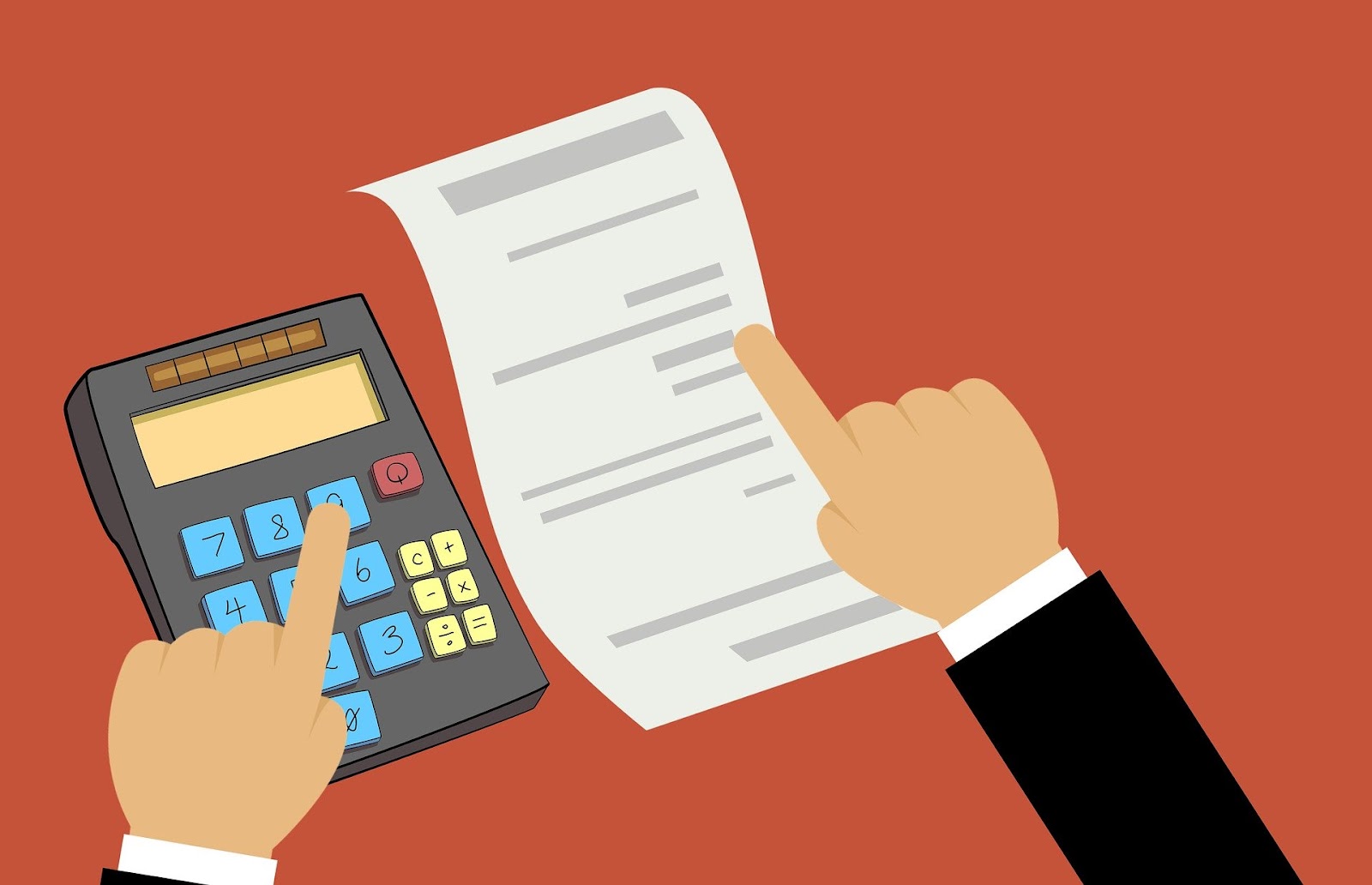The Hidden Costs Of Running A Business
Running a business comes with many hidden costs. Here are just some of the expenses to be wary of when running a business (and what you can do to keep these costs low).
 Pixabay. CCO Licensed.
Pixabay. CCO Licensed.
Licenses and permits
Some businesses require licenses and permits to run. This could include a food license or a permit to put a sign outside your store. These licenses and permits cost money and are worth considering in your budget.
Not having these licenses and permits in place could result in fines, so it’s important that you do your research.A business legal advisor may be able to tell you exactly which licenses and permits you need.
Insurance
Insurance can be mandatory for some businesses. For instance, if you have employees, you’ll need worker’s compensation insurance. Meanwhile, other forms of insurance can be recommended such as commercial property insurance if you own/rent office space.
Insurance is something that you can shop around for to reduce. There are business insurance packages out there that can sometimes be a great way to save costs.
Software fees
A lot of businesses need to download specialist software. This software can often come with fees – either paid up front or monthly.
Always shop around for software before purchasing a program so that you know you’re getting the best software for your money. There is free business software out there – this may be enough for many small businesses, while larger businesses may require something a little more complex. Get rid of any software that you’re currently paying for that you don’t regularly use.
Energy bills
Modern businesses are reliant on electricity to function. Some companies have huge amounts of machinery, all of which needs to be plugged in and powered up. On top of this, there could be heating, lighting and cooling to consider. This can result in high energy bills, which will need to be budgeted for from month to month.
Of course, it is possible to bring down these energy bills by investing in energy-efficient machinery and by not leaving machines on standby. You may also be able to save costs by regularly shopping around for energy providers.
Office supplies
If you have an office, you’ll need to keep it stocked up with supplies. This could include ink and paper for printing, cleaning products for cleaning and possibly coffee and office snacks.
You can save money on these supplies by buying them in bulk. There may also be supplies that you don’t physically need that you cut out to save money – a lot of companies waste money on ink and paper when they don’t actually have a need for printing.
Cleaning and maintenance
Keeping your workplace clean and your equipment maintained is also a cost that many businesses overlook. Many companies will hire contract cleaners and technicians to do these jobs for them. Doing some cleaning yourself and keeping equipment maintained could save you having to rely on these professional services as much.
Employee benefits
If you choose to hire employees, it’s not just their wages that you have to budget for. Benefits such as holiday pay, sickness pay and overtime pay can sometimes be a legal requirement (and even if they’re not, having these benefits in place can be worthwhile for inspiring employee loyalty). If you’re unsure of which benefits you should have in place, you can always seek out HR support.
Health and safety compliance
All businesses have to follow health and safety laws. This may be particularly important for companies with employees. Following these health and safety laws may require spending money. Things like fire extinguishers, smoke alarms, safety equipment and warning signs will all have to be bought. Fail to comply and you could be fined.
There’s often no way to save money on health and safety compliance, however you could save yourself getting fined by hiring a health and safety advisor to guide you through the requirements.
Taxes and accounting
When first starting a business, it’s easy to forget about tax. While your tax is automatically deducted when working for an employer, you must work out this tax and pay it when running your own business. This means keeping clear records of your spending and doing a tax return each year.
Many people hire accountants for tax returns. This can make the process less time-consuming while ensuring that it is also done accurately. You can save money on an accountant by shopping around. Not all businesses need an accountant – some small businesses may be able to get away with doing their own bookkeeping and using accounting software.
Business debts
Most businesses will experience some kind of debt. This could be credit card bills, invoice factoring or start-up loan repayments. These debts can add to your monthly outgoing costs and it’s worth keeping a note of them.
There are some situations in which you can avoid debts by budgeting ahead or by simply setting aside savings. However, for those situations where debts in unavoidable, you should always shop around for the right lender. Different loans will have different interest rates and you could save a lot of money in the long run by avoiding a high-interest loan. You can also refinance existing debts to save money.

Post a Comment